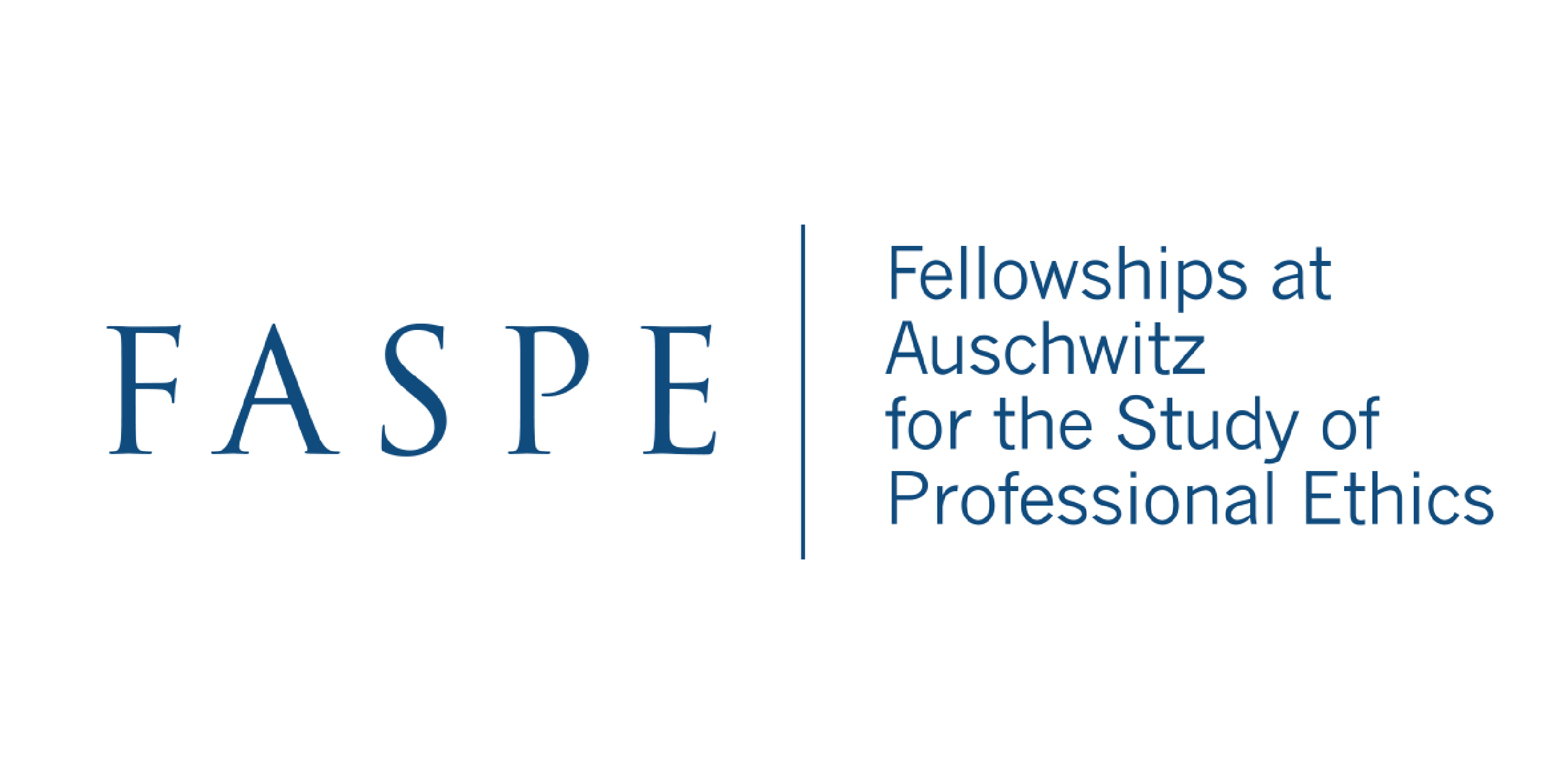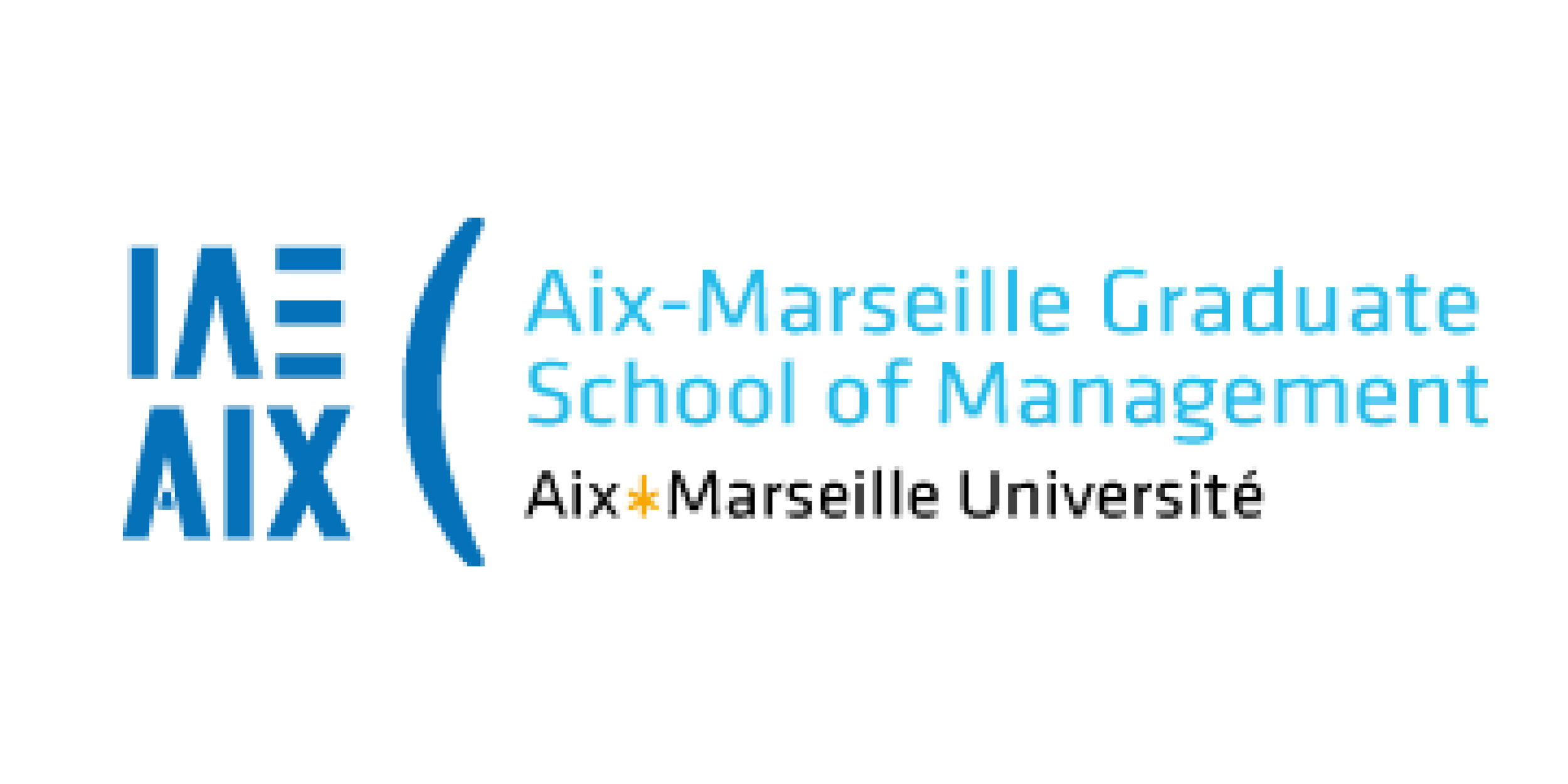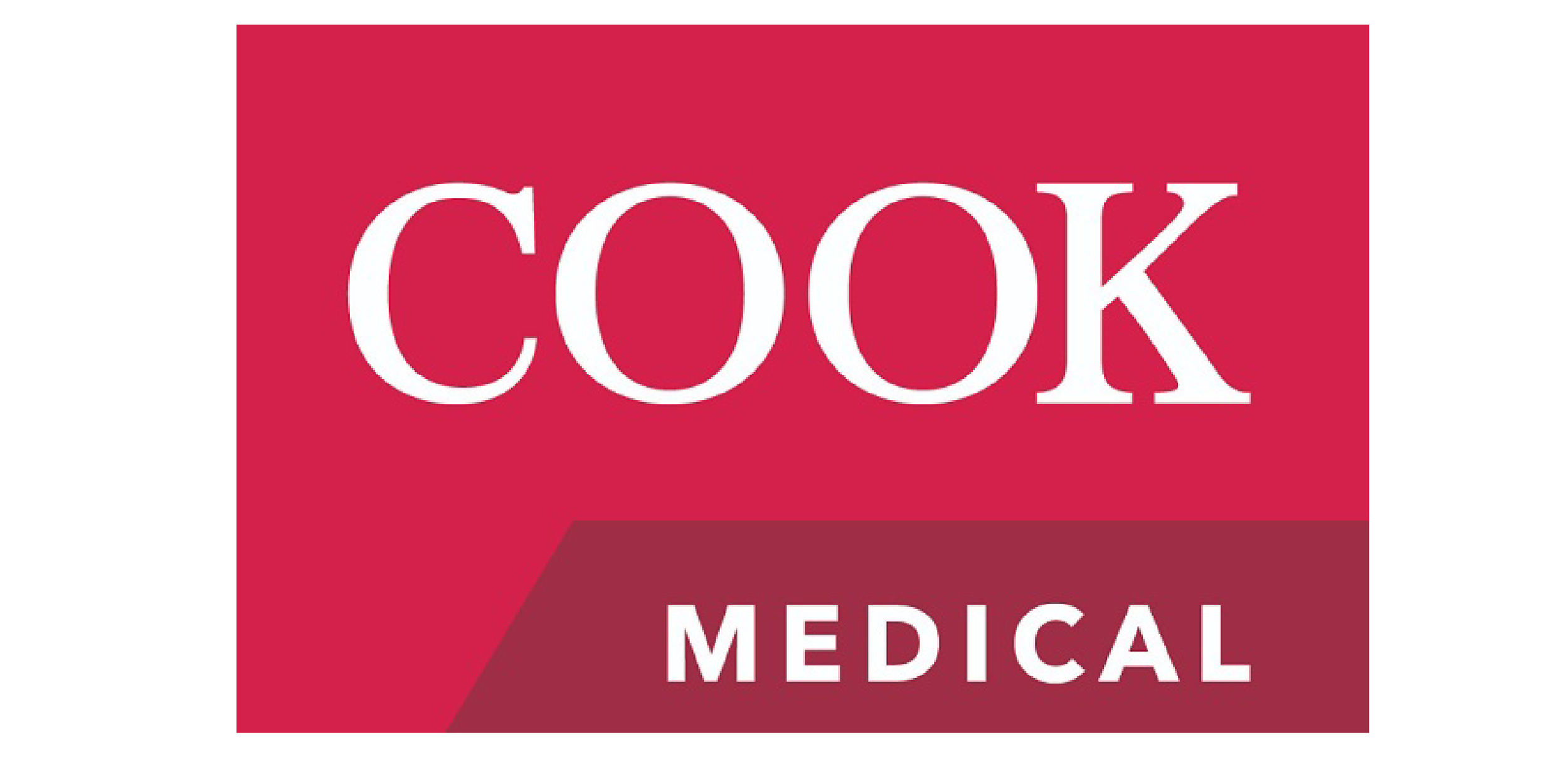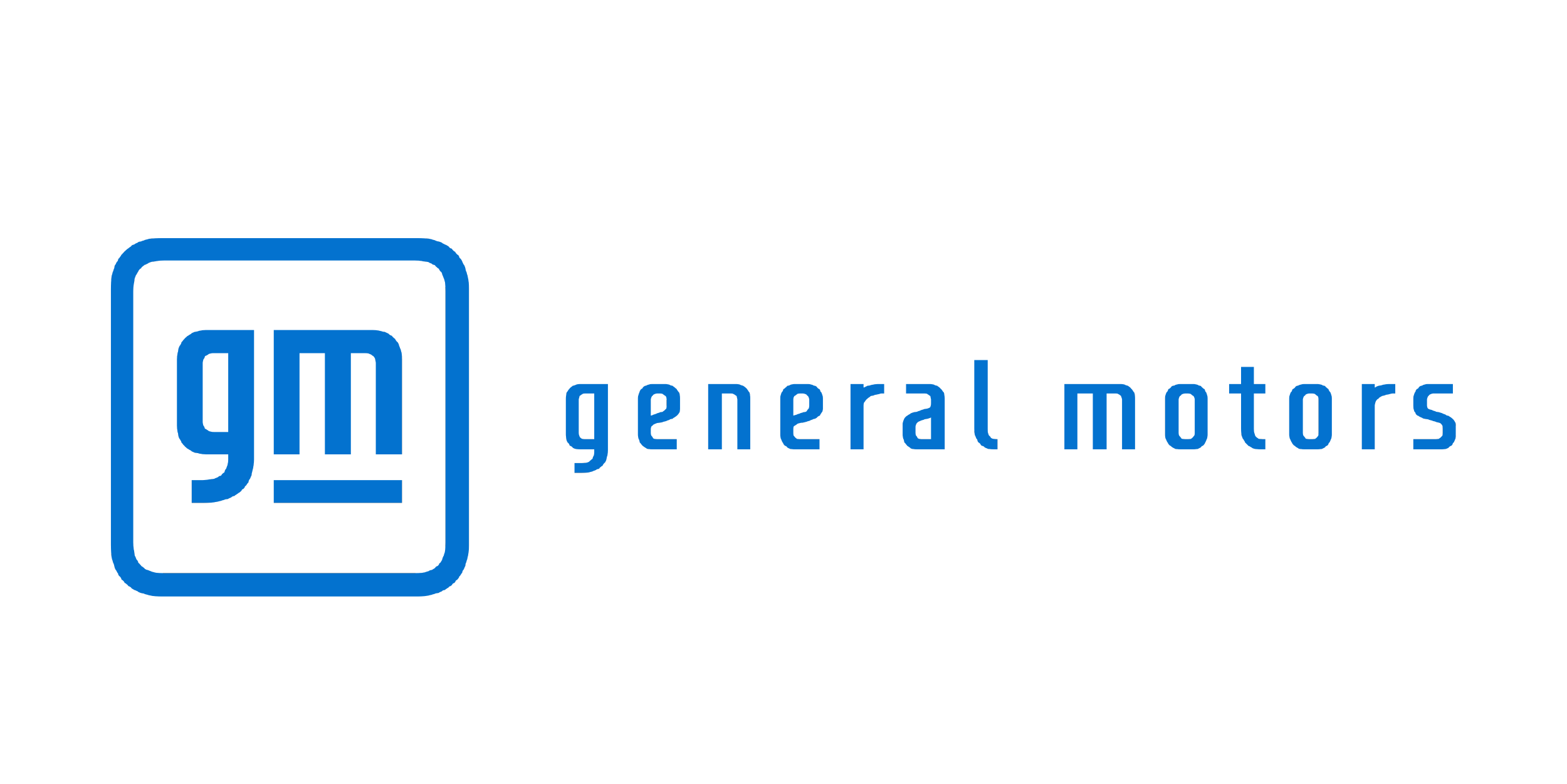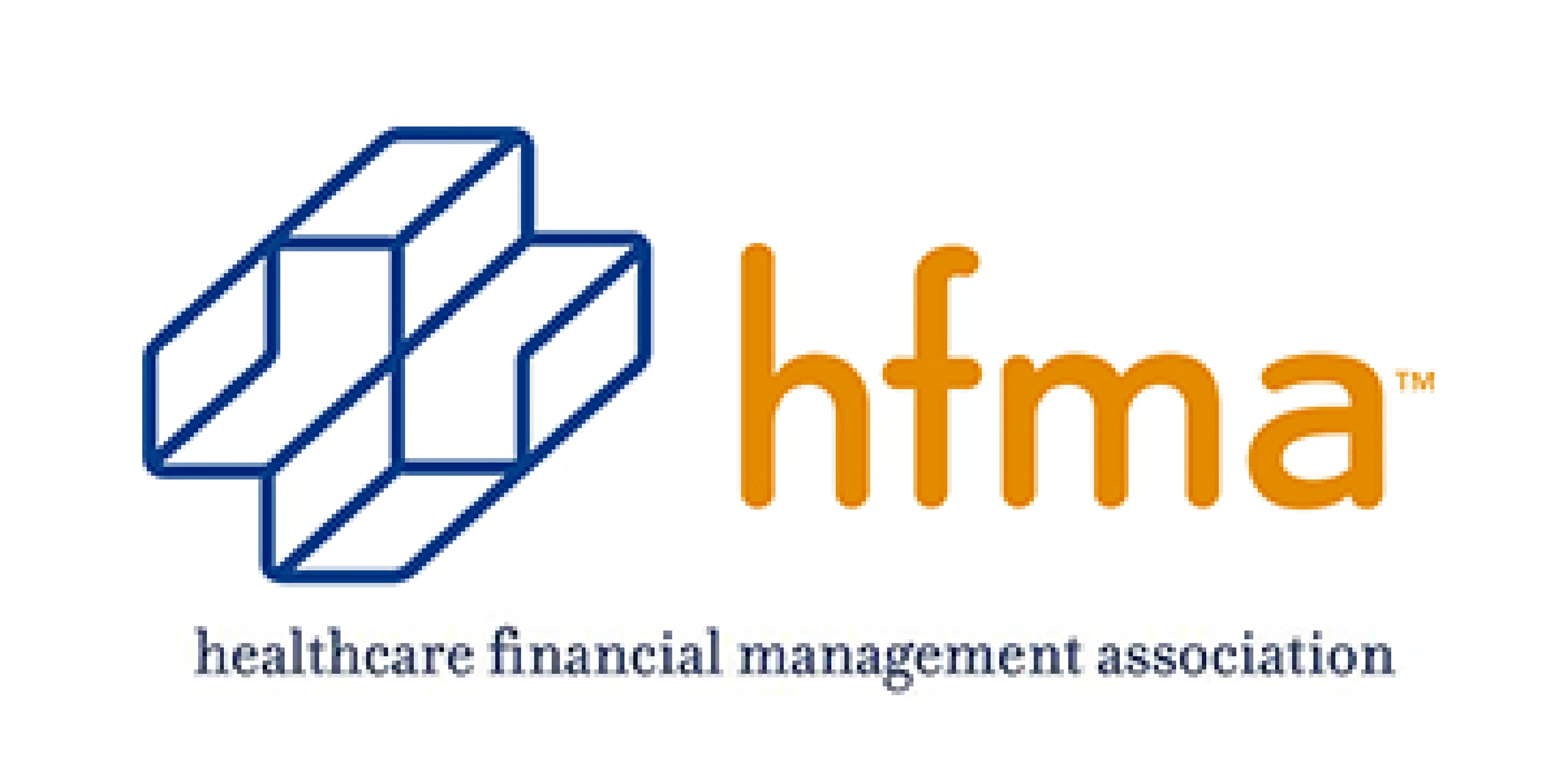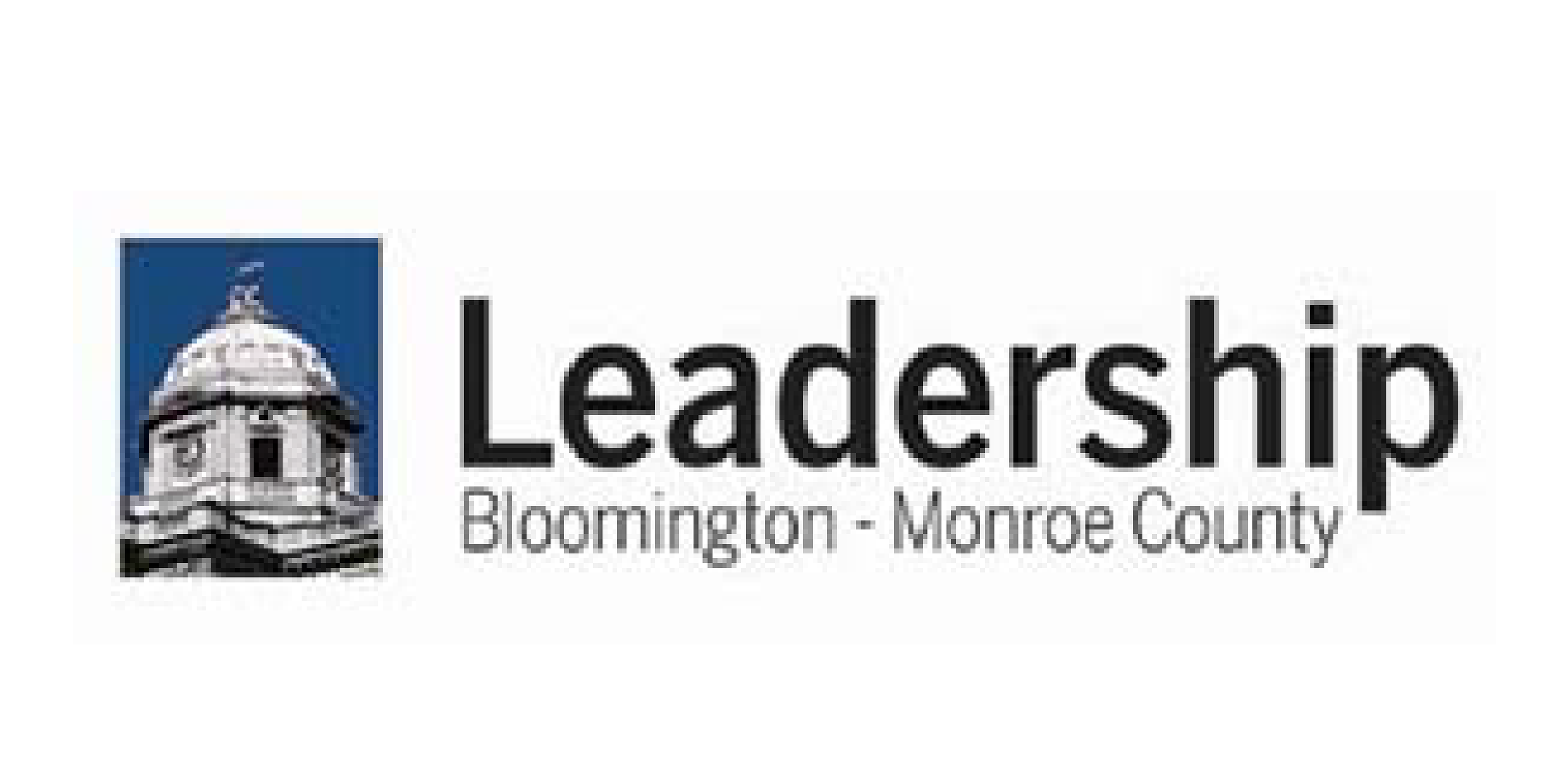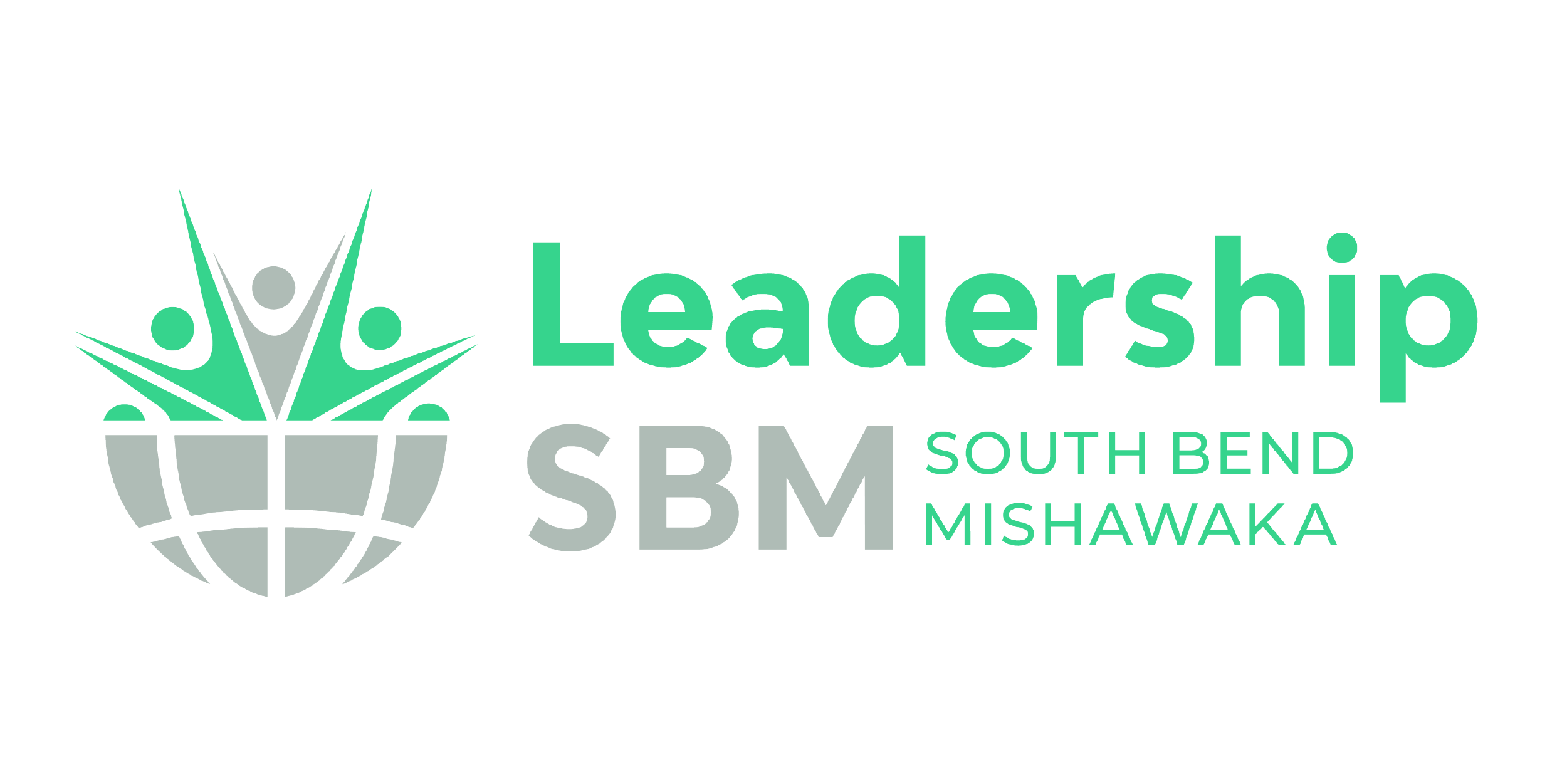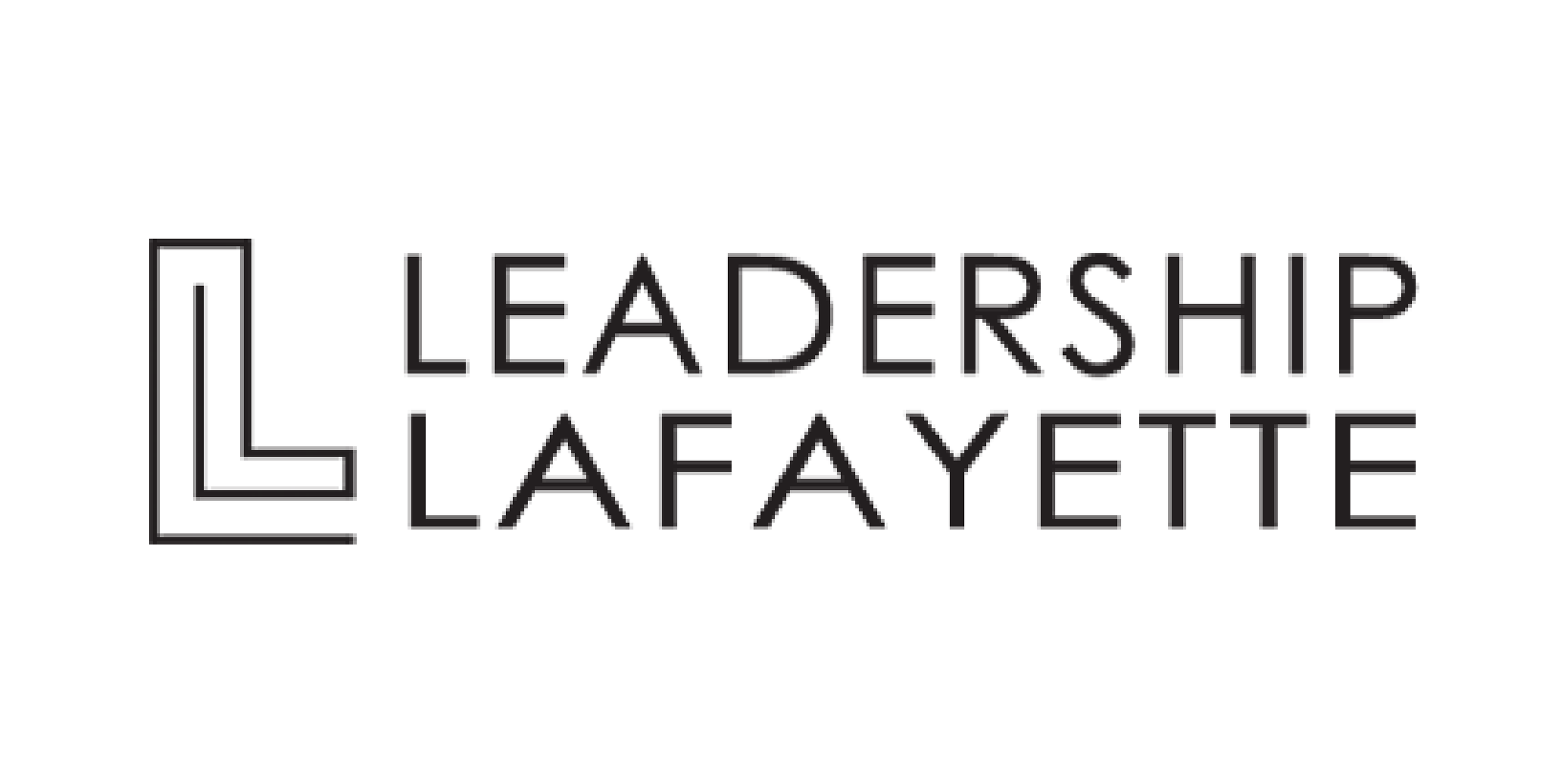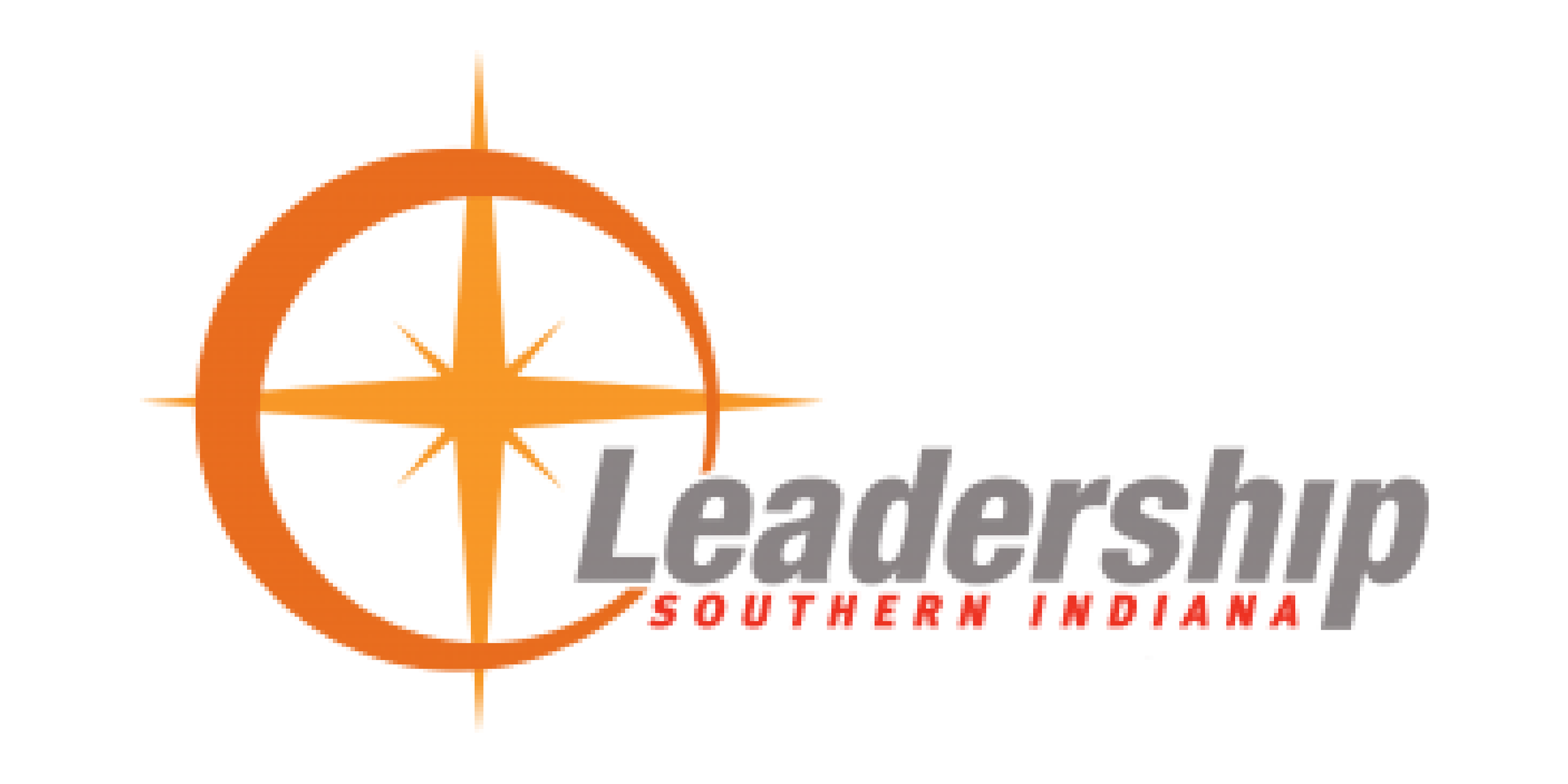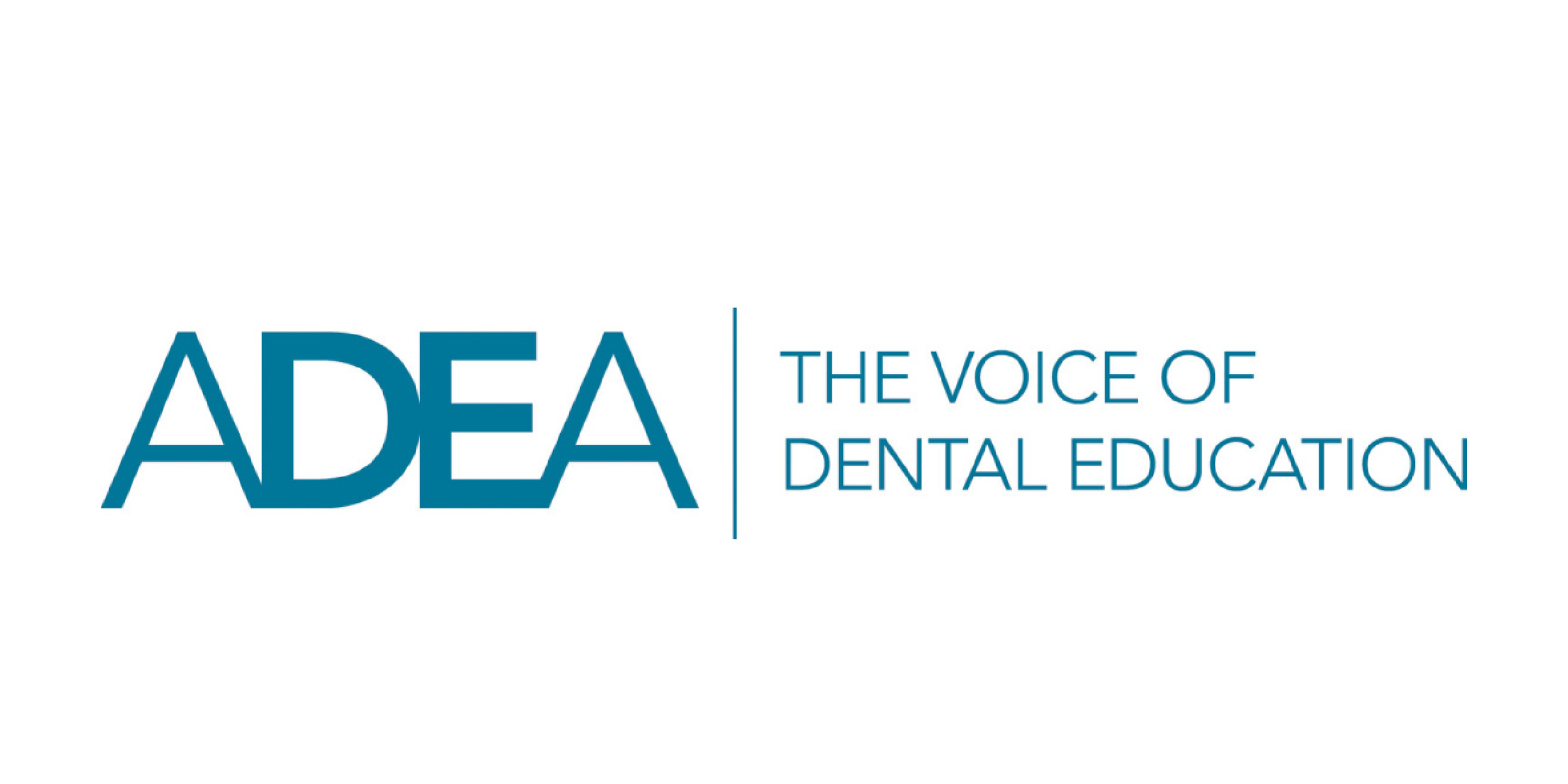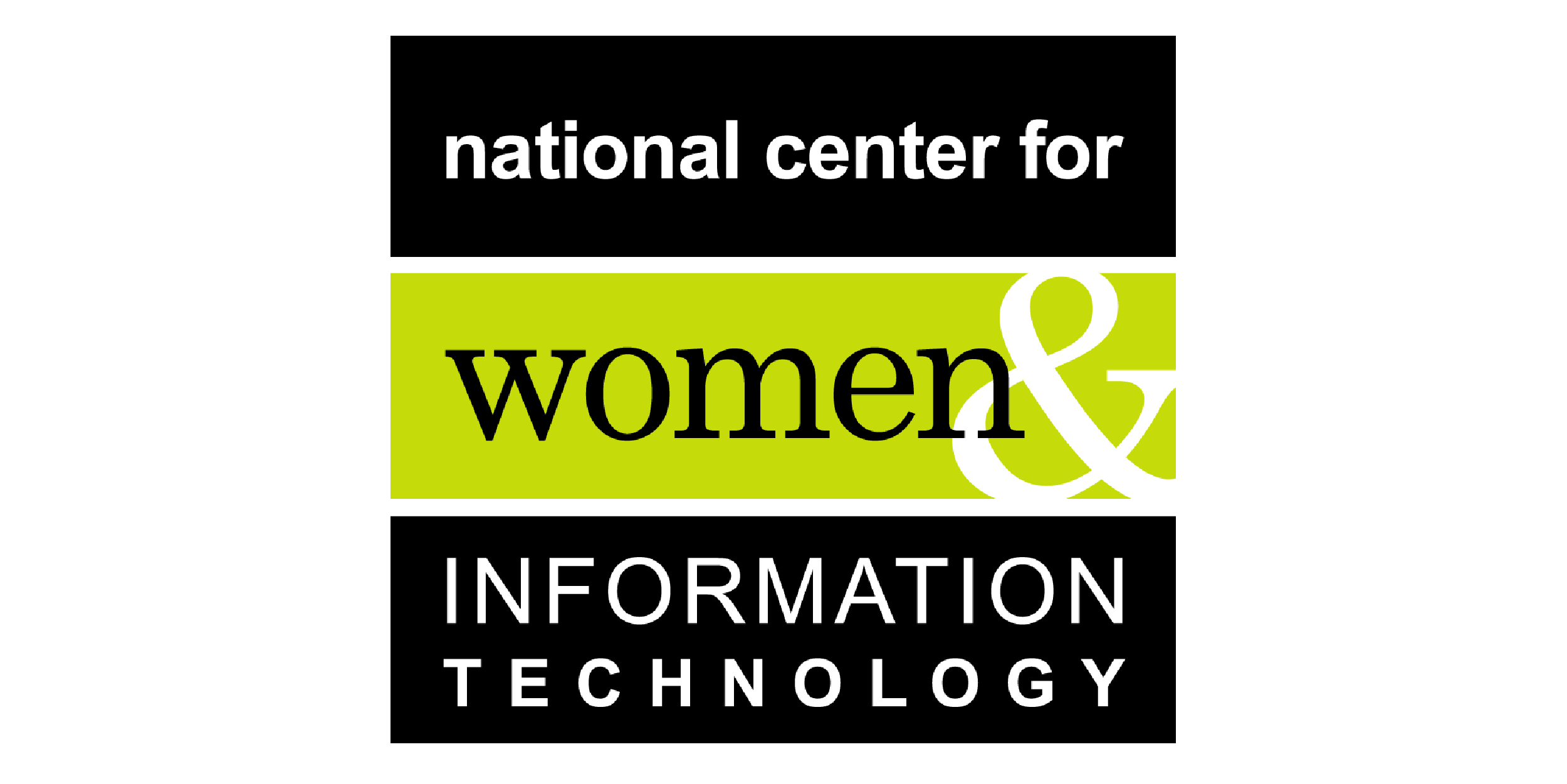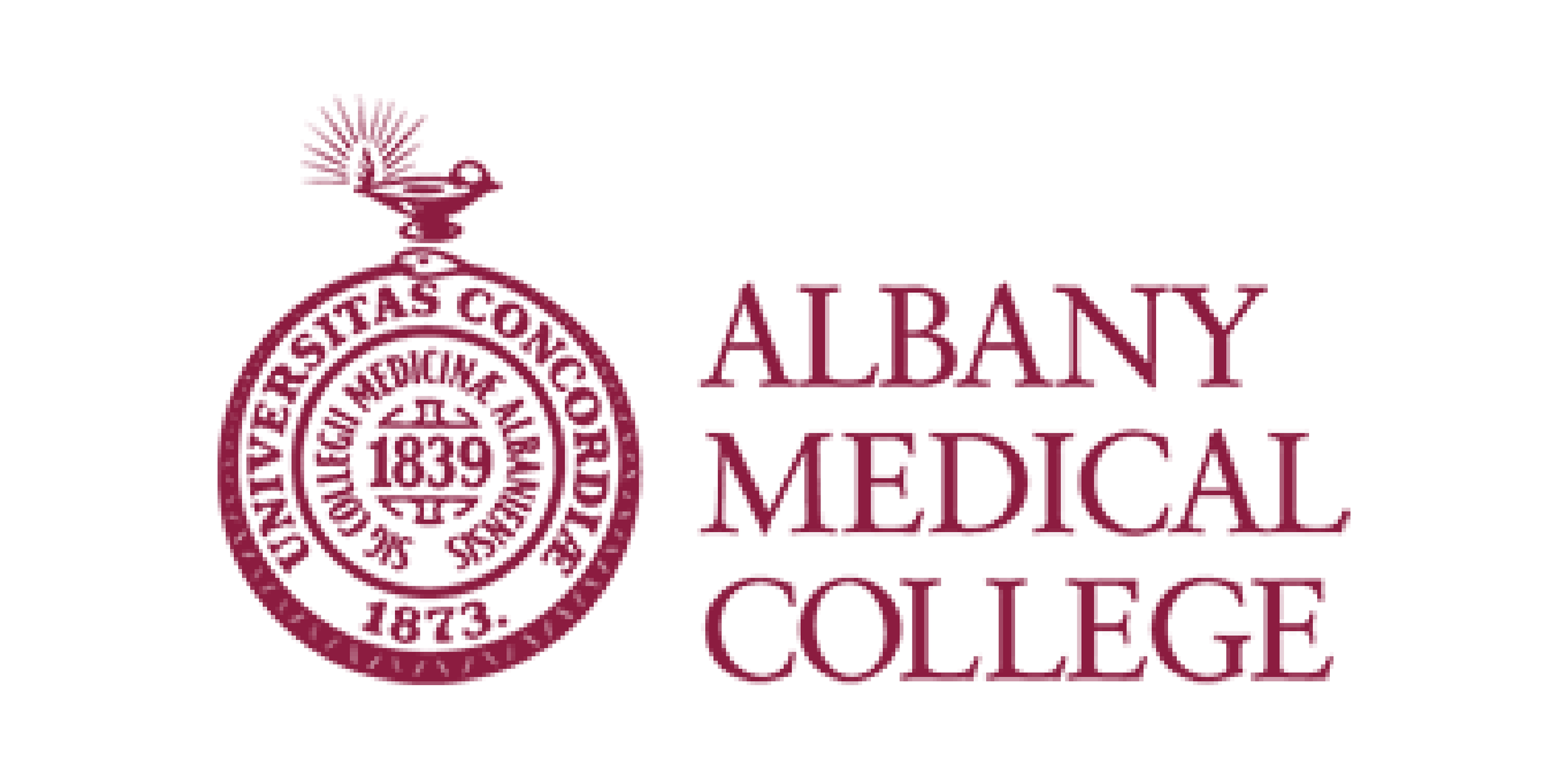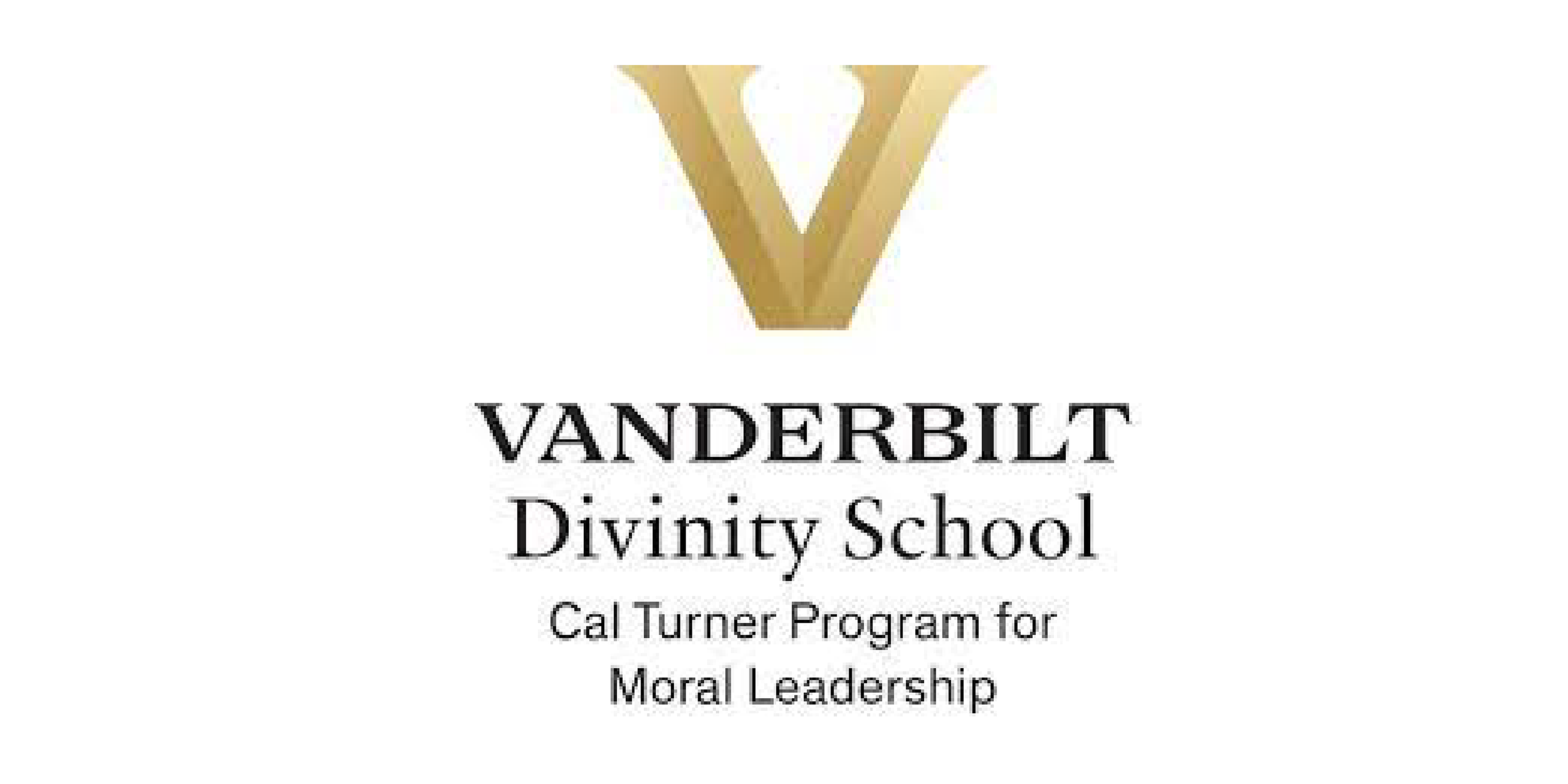
Prepare your team for the inevitable challenges of making difficult and complex decisions.
Providing professional development that equips and inspires individuals to clarify their values, connect with their mission, and lead their organization with authenticity and integrity.
Workshops
In-depth and interactive half-day to full-day workshops for organizations seeking more customized training to develop more ethical leadership.
Keynotes
Engaging, inspiring speaking events that heighten awareness and empower participants with strategies and skills for better, more consistent ethical decision-making.
Consulting
Short and long-term coaching and consulting for individuals or organizations mired in moral distress or seeking to cultivate a more robust ethical environment in their workplace.
Who Josh Works With
While all organizations benefit from having their team prepared to make hard, ethical decisions, examples of Josh’s typical clientele include:
Leadership development organizations running conferences and events
Industry conferences that need continuing education or ethics credits for professional development accreditations
CEOs and leaders within an organization who want to have a positive impact on their team and grow the organization
Community organizations seeking guidance on how to navigate ethical pitfalls and bolster trust among stakeholders



Past Clients and Events
The Value of Ethics Education
-
How might heightened awareness about the cause and effect of your ethical thinking influence your actions?
How could you improve as a leader who helps resolve conflicts and contributes to holistic flourishing in your work environment?
How might more robust critical thinking and ethics skills impact your organization in terms of productivity, creativity, and overall morale?
How would these insights help you experience more purpose and greater growth in your professional and personal life?
-
Establishing a culture of ethical behavior: An ethics program can help an organization establish a culture that prioritizes ethical behavior. This can be achieved by setting a code of conduct and providing training to employees to help them understand what constitutes ethical behavior.
Reducing the risk of legal and financial penalties: An effective ethics program can help an organization reduce the risk of legal and financial penalties by ensuring that employees understand and comply with relevant laws and regulations.
Enhancing reputation: A strong ethics program can enhance an organization's reputation as a responsible and trustworthy business, which can help attract and retain customers and employees.
Improving employee morale: Employees who feel that their organization is committed to ethical behavior are likely to have higher levels of job satisfaction and feel more engaged in their work.
Encouraging reporting of ethical concerns: An ethics program can create a safe and confidential environment for employees to report ethical concerns without fear of retaliation.
-
How to Cultivate and Lead an Ethical Culture
How to Be a Better Human
Are You a Professional?
Identifying and Resolving Ethical Disputes in the Workplace
Compliance v. Ethics: What is the Difference and Why Does it Matter?
Identity and Values at Work: How Ethics, Gender, and Race Intersect in the Office
Ways in Which It Pays to Take Ethics Seriously
Matters of Life and Death: Bioethics in the Clinic and Beyond
Conflicts of Interest and the Centrality of Trust
Connect with Josh for a complimentary consultation to assess how he can help you or your organization flourish.


